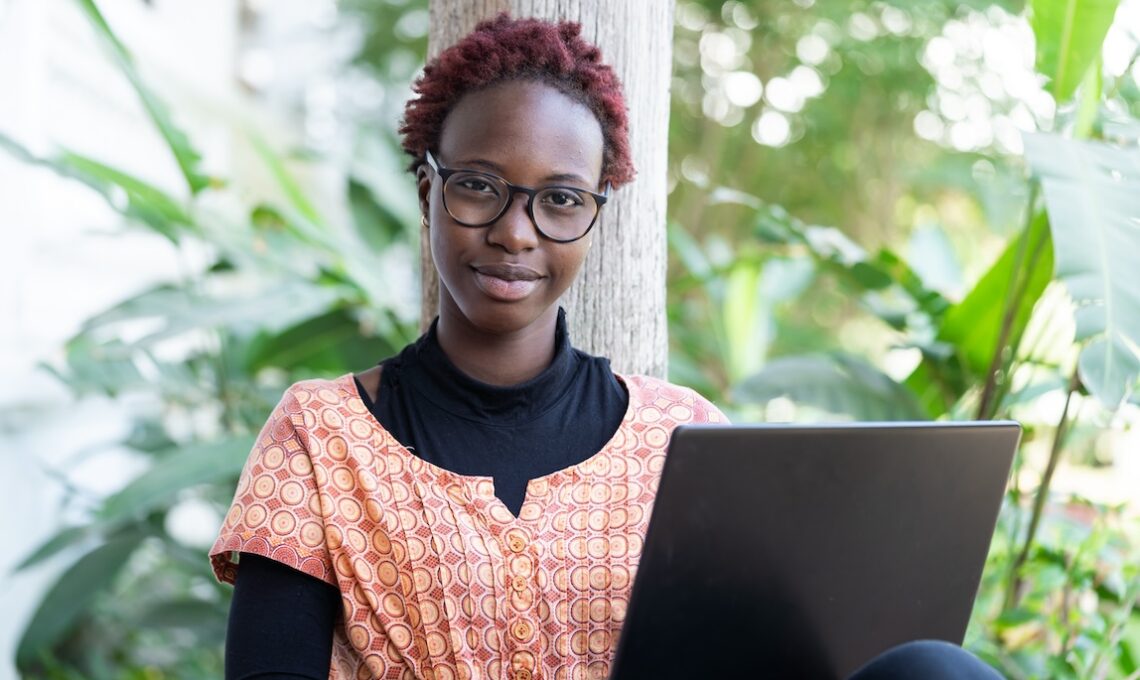
Digital transformation for Kenyan education
St. Paul’s University in Kenya can host an average of ten classes weekly in hybrid mode, meaning virtual and face-to-face teaching is combined, allowing students from different campuses to attend simultaneously. The project is the newest addition to efforts by KENET, the national research and education network (NREN), to encourage educational technology innovations.
The St. Paul’s Remote Teaching Classroom comprises twin interconnected facilities at the Limuru and Nakuru campuses and is effectively a hub for e-learning.
“By integrating technology into teaching and learning, the project meets the evolving needs of education ensuring learners are equipped with the skills and knowledge necessary to thrive in a digitally driven world. The project has also played a vital role in building the capacity of educators empowering them to deliver engaging and interactive lessons that resonate with modern learners,” says Ms. Grace Kinyanjui, Director for Virtual Campus at the university.
Open-source conferencing system
Already in 2017, so before the Covid-19 outbreak spurred a boost for remote learning in many countries, KENET launched a pilot project, partnering with University of Nairobi, Catholic University of Eastern Africa, and Daystar University. Now, KENET has established another four remote teaching classrooms – two at St. Paul’s University, and two at Technical University of Mombasa. The classrooms are equipped with the Big Blue Button system enabling lecturers in the participating universities to teach more than one class simultaneously. Big Blue Button is an open-source web conference system based on GNU/Linus.
“The setup provides a welcoming environment for discussions, fostering meaningful interactions among students and educators. The ability to teach students in two different locations simultaneously enhances collaboration and engagement, breaking down geographical barriers and promoting inclusivity,” notes Mr. Edwin Wanjiru, Lecturer at the Department of Computer Science, St. Paul’s University.
Expanding horizons
Mr. Richard Muchoki, a fourth-year Computer Science student, highlights the importance of interactive sessions:
“Learning alongside peers from different campuses enriches the learning experience by us to a broader range of perspectives and ideas, fostering collaboration and expanding our horizons.”
To ensure optimal utilisation of the facility, the ICT support desk, in collaboration with the multimedia specialist, developed an online automatic booking system. Operational guidelines have been established along with media consent forms to comply with data protection regulations. Additionally, cameras have been installed to enhance security.
Support by virtual campus teams, including dry runs for preparation ahead of learning sessions, ensures smooth operation and maximises the effectiveness of teaching and learning.
The text is inspired by the article “Remote teaching transforms learning at St. Paul’s University” at the KENET website.
For more information please contact our contributor(s):

